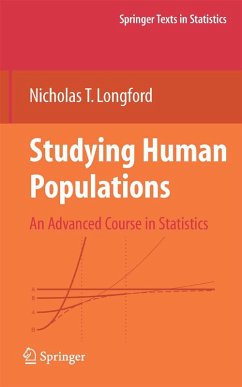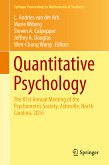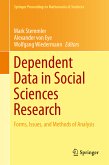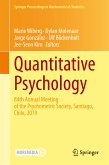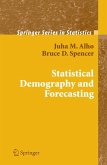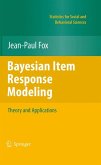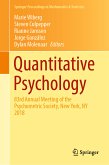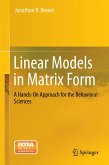The monograph aims to prepare the reader for the career of an independent social statistician and to serve as a reference for methods, ideas for and ways of studying human populations: formulation of the inferential goals, design of studies, search for the sources of relevant information, analysis and presentation of results. Elementary linear algebra and calculus are prerequisites, although the exposition is quite forgiving, especially in the first few chapters. Familiarity with statistical software at the outset is an advantage, but it can be developed concurrently with studying the text.
Nicholas T. Longford directs the statistical research and consulting company SNTL in Reading, England. He had held senior research posts at the Educational Testing Service, Princeton, NJ, and De Montfort University, Leicester, England. He was awarded the first Campion Fellowship by the Royal Statistical Society (2000-2002). He is a member of the editorial boards of the British Journal of Mathematical and Statistical PsychologyB and of Survey Research Methods, and a former Associate Editor of the Journal of Educational and Behavioral Statistics, Journal of Multivariate Analysis and Journals of the Royal Statistical Society Series A and D. He is the author of three other monographs, the latest entitled Missing Data and Small-Area Estimation (Springer, 2005).
Dieser Download kann aus rechtlichen Gründen nur mit Rechnungsadresse in A, B, BG, CY, CZ, D, DK, EW, E, FIN, F, GR, HR, H, IRL, I, LT, L, LR, M, NL, PL, P, R, S, SLO, SK ausgeliefert werden.
Hinweis: Dieser Artikel kann nur an eine deutsche Lieferadresse ausgeliefert werden.

